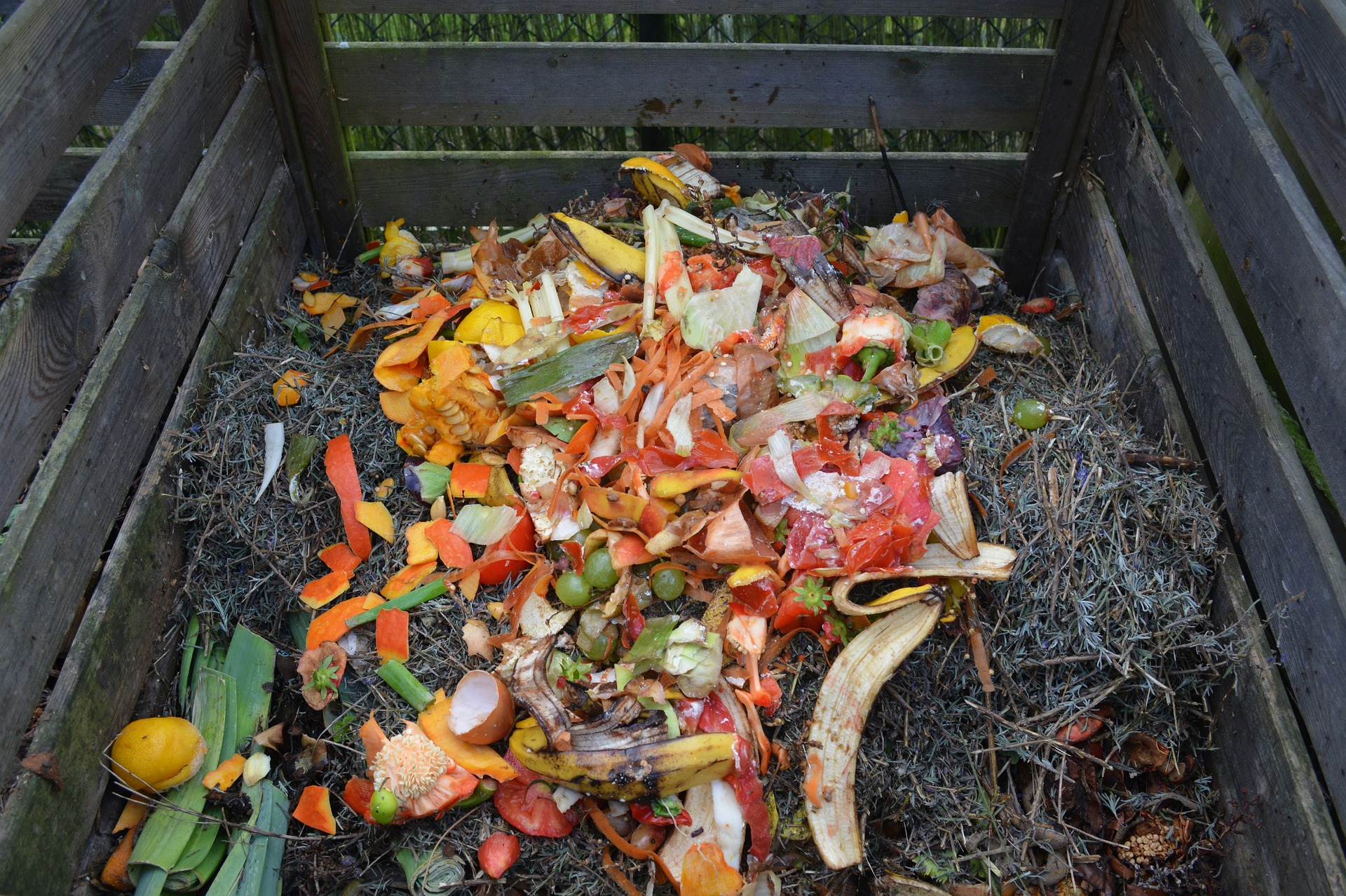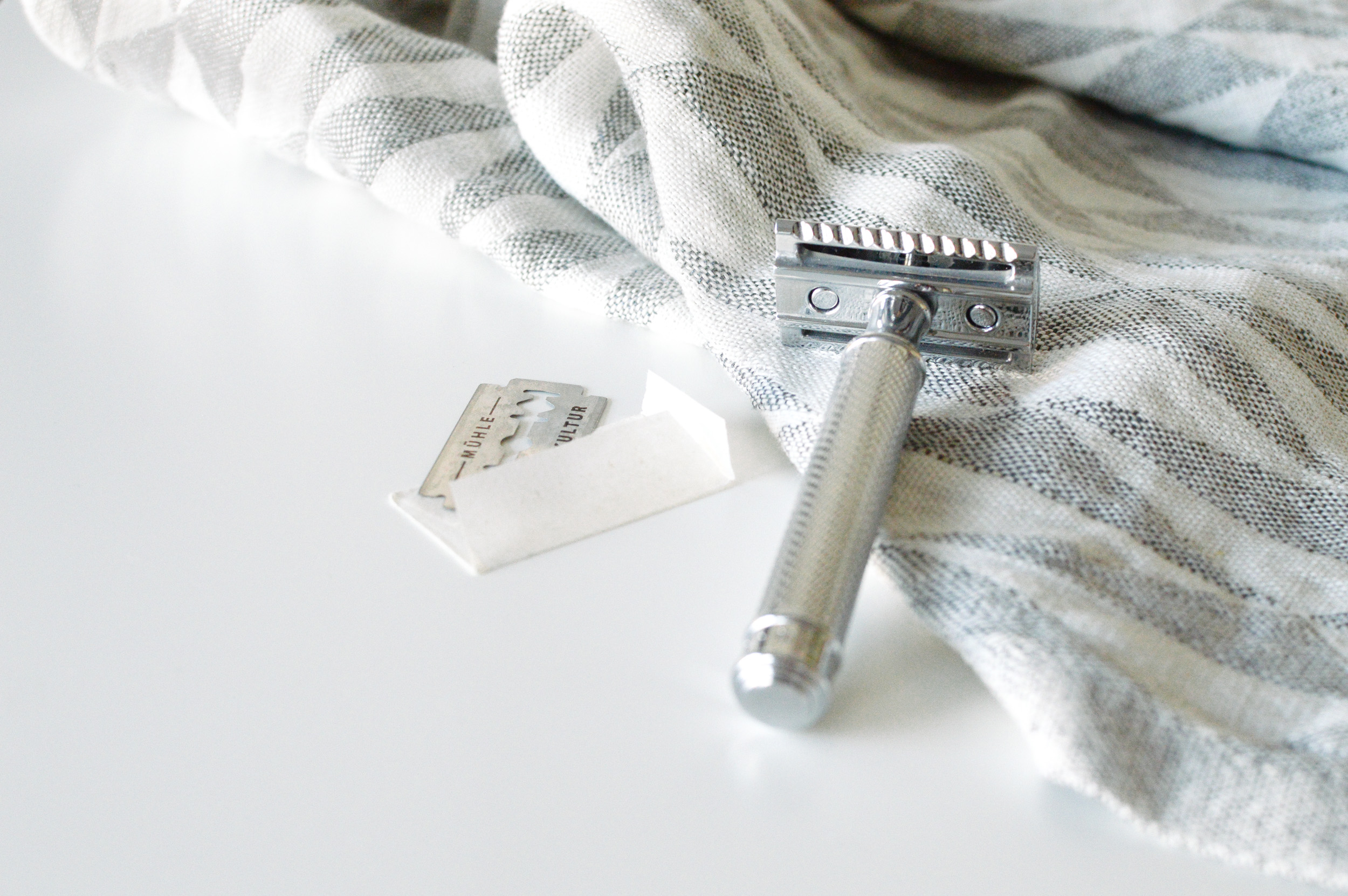Easy Changes
So you want to live a more conscious, eco friendly lifestyle, but don’t know where to start? Here are 20 simple swaps and easy changes to make that aren’t hard to implement, but will cut down on your waste and carbon emissions. Don’t feel like you have to do everything, all at once. Try making one small change at a time and soon new habits will form and you’ll be a right ol’ eco warrior. :) For more ideas, check out my blog soon for more expansive articles.
1.
Carry a container with you
Decent jars with a leak proof lid are so versatile. If you carry one in your bag it can serve as a:
- takeaway coffee cup
- water glass/bottle
- takeaway food container
- container for compostable food scraps
- sorbet/ice cream cup
Just make sure it’s clean and you place your order with a smile and you’re good to go.
2.
Bamboo Toothbrush
If you currently use a plastic toothbrush, swap it for a bamboo one. Easy peasy.
Plastic toothbrushes cannot be recycled and take 100s of years to break down (into smaller pieces of plastic which end up being eaten by fish). If you need to use an electric version, write to the brand you use & request replacement heads with less waste. Perhaps just he brush tip needs replacing? Then travel with a bamboo toothbrush.
3.
Change your energy pRovider
This is a ridiculously easy swap for people who live in big cities like London, but may be more complex for anyone in the countryside or smaller towns. It honestly took us 5 minutes to swap our energy provider to a greener alternative (in our case, Green Energy). Now we are happy in the knowledge that our electricity comes from 100% green sources.
4.
Avoid single use when
grocery shopping
This one has levels- some elements are easy and quick to change and others take a bit more planning and time. An easy way to start is to take a reusable bag to your local bakery and buy bread, bagels, rolls etc without packaging. Supporting small, local businesses is a brilliant bonus.
5.
BYOB. Bring your own Bag.
Having a nifty little tote bag that folds up and fits into your pocket, backpack or handbag is a super easy way to avoid nasty single use plastic bags. Think of the turtles…
6.
Say no, thank you.
No straw, thanks. I don’t need a paper napkin, thanks though. I don’t need this wrapped, thank you.
The simple phrase, “No thank you” can avoid SO much waste. Think of how often we’ve all accepted flyers we don’t want, freebies at conferences that gather dust or excess wrapping we really didn’t need.
7.
Switch to soap bars
Unwrapped bar soap is becoming easier and easier to find. It’s a quick way to cut waste in the shower. There are also numerous alternatives to shampoo in plastic bottles eg. shampoo bars or beauty kubes
8.
avoid food waste & compost your scraps
This one is SO important. Basically, food waste in landfills break down anaerobically (without oxygen) to produce methane gas, a greenhouse gas 21 times more harmful than CO2. Check if you have a food waste collection in your neighbourhood, start composting at home (great tips on the bokashi method or worm bin) or freeze your food waste to be dropped off at a compost dropoff point (sadly the UK is really behind on this one- let’s ask our MPs to change this).
Saving money bonus- If you have plants at home you won’t need to buy compost or fertiliser!
9.
Buy a safety razor
Replacement razor heads or worse, disposable razors made with a combination of metal and plastic can’t be recycled. Plus the plastic packaging they come in. Ick. Beautiful, stainless steel razors are made to last and the used blades can be kept in a container and recycled too once you have a few collected. If you have a disposable version, hang on to it for travelling.
10.
Eat less animal products
Don’t focus on what you’re missing, rather find delicious vegan recipes to try and you’ll find that we don’t need to rely on animal products for flavour. Here are some great recipe blogs.
Animal agriculture is responsible for almost 18% of all manmade greenhouse gas emissions, more than that of all of the world’s non-livestock-related transportation, including all cars, planes, and ships. The demand for meat and dairy is one of the major causes of deforestation, particularly of the Amazon rainforest.
11.
Shut windows & doors when using aircon or heating
Obviously using less/no AC and heating is best, but if you need to use one or the other…. When a window or door is open, the air conditioner works harder to remove heat. The same applies to a heated room- the warm air is released so the heater has to work harder. Not only does this waste energy leading to higher carbon emissions, but strains the air conditioner potentially leading to refrigerant leaks which are harmful to the environment.
12.
Switch off your Electronics
According to The Carbon Trust "leaving a computer on overnight for a year creates enough CO2 to fill a double-decker bus”! Wow. It’s also better for our computers to switch them off to allow updates to install etc.
Did you know that 10-15% of the electricity consumed at home is used by appliances in standby mode? Energy conservation is one of the most important things you can do to reduce your carbon footprint, so this is an easy one.
13.
Use reusable wipes, kitchen towels & cotton rounds
Wet wipes are one of the worst single use offenders. They are usually made of plastic & pollute & clog up waterways. Don’t believe the greenwashing when brands say something is biodegradable. This just means they eventually become smaller pieces of plastic. Cotton rounds, paper towels and washcloths can all be reusable (links to DIY options).
14.
Walk, Cycle or use public transport
If you can, walking, cycling and public transport are cleaner ways to travel than individual cars, taxis and don’t even get me started on planes. If you can take a train or bus rather than flying, big wins for reducing harmful and polluting emissions. Who knew embracing slow living & stopping to smell the roses were actually kind to our planet?
15.
COnserve water
There is a finite amount of water on Earth. The water we are drinking now is the same water they drunk in Victorian times. Even if it rains a lot where you live, that doesn't mean that water is any less precious. It still needs to be cleaned & treated before heading back into our taps. In fact, 97.5% of all water on Earth is saltwater. Only 2.5% of all water on Earth is freshwater.
Turning taps off when not in use, having shorter showers, catching the water as it heats in the shower and using it for doing dishes, flushing the toilet or watering plants are all easy ways to waste less water.
16.
Shop secondhand & Care for the clothes you have
Fast fashion is shockingly bad for people and planet. Here’s my page for more info, but in a nutshell, embrace cool secondhand and vintage clothes and give your existing wardrobe some love. Mend, clean carefully and repurpose.
17.
DIY to avoid palm oil
The WWF has stated that worldwide, an area the size of 300 football fields of lush rainforest is cleared each hour to make way for palm oil plantations. Here’s my article if you want to know more. This vegetable oil is in SO many things, including cleaning products. One of the easiest ways to avoid palm oil is trying your hand at some DIY. Using natural cleaning products is so much better for you too. No breathing in nasty chemicals as you clean or sending them out into our waterways.
Soak any leftover lemon, lime or orange peels in vinegar for a lovely, citrusy cleaning solution. The peels can be left in the vinegar for up to two months. We also use bicarbonate of soda, which I’m able to buy in bulk. It’s slightly abrasive & both products are effective in cleaning our home & removing limescale.
18.
Use Ecosia Web Browser
Could there be an easier change than just using a different search engine? “Ecosia uses the ad revenue from your searches to plant trees where they are needed the most. By searching with Ecosia, you’re not only reforesting our planet, but you’re also empowering the communities around our planting projects to build a better future for themselves.”
19.
Switch Banks
Yep, switching your bank account (as well as supporting the divestment movement) is one of the most powerful ways to make a positive impact. I was horrified to learn that most banks use our savings to invest in activities like oil drilling, fracking and arms. None of us want to be funding climate change. By investing selectively based on values, ethical banks can promote socially or environmentally responsible companies. I have moved from Barclays to Triodos.
For an awesome list of ethical banks, check out this article.
20.
Use recycled toilet paper or a bidet
Most loo paper brands use virgin paper. That’s right, trees are being cut down, only to be flushed down the loo! Such unnecessary deforestation. We use Bumboo toilet paper.
For even less of a negative impact, why not try a bidet?




















